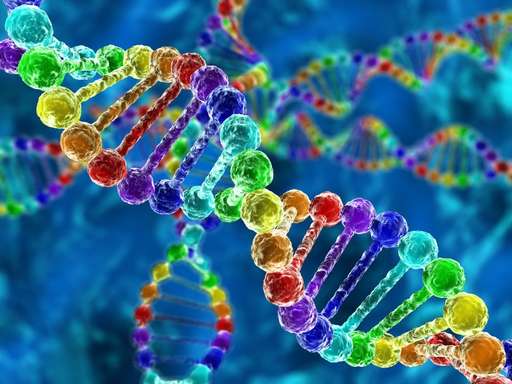Healthcare with Confidence
How do genomic changes cause cancer?
Each cell of our body has a detailed set of information that provides instructions to cells, which they need to carry out, develop and reproduce. This information is stored in DNA (inherited genetic material). Under normal conditions, old cells die and young cells divide and form new healthy cells. Each new cell has an exact copy of DNA. Genetic changes can occur in DNA.
These changes are a natural process in life and usually do not adversely affect human health.
But sometimes these changes can cause abnormal cell formation. In this situation, damaged cells multiply uncontrollably, and thus, tumors develop that damage tissues and organs. Cancer is the result of irreversible changes in DNA that the body can not repair.
What is the difference between genetic testing and genomic testing?
The main difference between genomics and genetics is that genetics studies the presence, functioning and composition of one gene, while genomics defines all genes and their interrelations to identify their joint influence on the growth and development of the organism.
Genetic testing
Genetic test is conducted to find out whether a person is a carrier of a gene associated with a specific type of cancer.
For example, such genes as BRCA2 or BRCA1. Mutations in these genes significantly increase the risk of breast cancer or ovarian cancer. This genetic test can also be performed to a cancer patient to determine if a mutation is present. Different genetic tests detect only one gene or only a few mutations. The presence of a mutation in a particular gene can affect the type of treatment that the patient will receive.
Genomic testing
Genomic test detects a large number of genes and genomic mutations (violations in the genetic material).
Comprehensive genetic testing is based on genomic new generation sequencing (NGS), which allows to scan several genes and all relevant mutations at the same time in a small tumor sample. The genomic tumor profile provides a clearer and more precise picture of the tumor, allowing the physician to tailor targeted treatment methods appropriate to the particular tumor under examination, which may not have been taken into account if it were not for a complex genomic diagnosis. In addition, extensive genomic assays that detect tumor tissue also exhibit tumor mutations (TMB) and genomic instability (MSI), biomarkers that help predict the response to immunotherapy in Israel.
Learn more about genetic, genomic tests, and precision cancer treatment in Israel:
⇒ Molecular genetic and genomic tests in Israel.
⇒ Precision medicine – transfer to an individual treatment for each patient.



